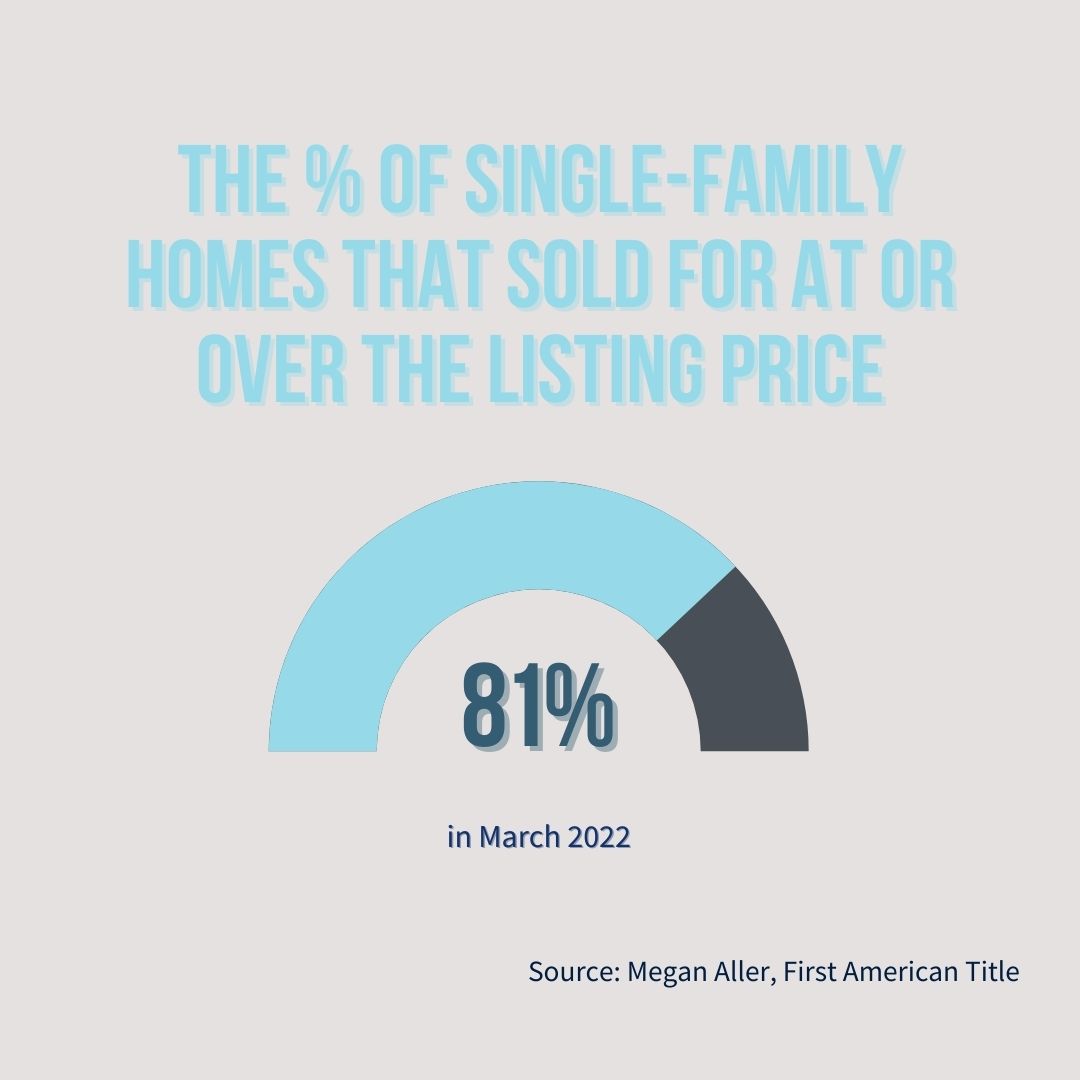House Pricing | Tips For a Smooth Sale
Have you set the right price on your home? Setting the sales price on your house can cause anxiety for even the most seasoned home seller. Yes, you’ve collected the comparable sale, checked how the location plays into the house pricing, accounted for the upgrades you’ve invested in the house and feel comfortable with what you think people are looking for in the neighborhood.
But it’s still easy to second-guess yourself.
There are certainly advantages to a quick sale but at the same time, you want to feel confident that you are getting the optimal return on your money. Unfortunately, emotions and, yes, overzealousness can also come into play instead of looking at the sale purely for what it is — a highly valued piece of merchandise of which the marketplace will ultimately determine the value.
As a result, keep in mind these house pricing essentials when it comes time to set the value of your home. These home seller tips may help in ensuring a successful sale.
The Cons of Overpricing a Home
As tempting as it sounds, it’s not a good idea to automatically tack an additional $10,000 or more on your house. You may feel your house is the best piece of property in your neighborhood but the potential buyers may not see it that way. Today’s buyers are much savvier, having access to online real estate websites, and they take the time to research homes that have sold in your neighborhood. They typically will know the value of the additions/renovations you’ve made and whether the price truly represents those improvements. Your Usaj Realty broker will be able to expertly guide you to the best price that isn’t too high or too low, but just right.
Furthermore, in today’s sizzling real estate market, there is the potential for buyers to make bids over the asking price and/or include escalation clauses on an appropriately priced home. It may behoove you to trust the marketplace and let the potential buyers dictate the ultimate price.

Keep Home Improvements and the Appraisal in Mind When Deciding on a Price
Before you even start thinking about selling your home, get an idea of the worth of the upgrades you are planning or have completed. Choose your renovations carefully and have some assurance that your choices will pay off in the long run. Make sure any improvements reflect the character of the neighborhood and not your individual tastes. Don’t “over-improve!”
Keep in mind that the buyer will be required to have an appraisal performed on the property in order to qualify for a loan. The appraisal will ultimately determine the value of the home. This may be quite different from the under contract price, valuations coming from real estate websites, and tax records. The goal is to have the appraisal come close to the price agreed upon by the seller and buyer and be in line with what the lender is prepared to offer for a loan.
“Comps” Are At the Heart of Any Pricing Strategy
Your real estate agent will collect data on comparable sales in the area as well as homes that have similar floor plans, amenities, square footage and lot size. An accurate picture includes homes that have sold in the last three months. The information will contain the original asking price, if the price dropped and whether the buyer paid above asking price.
If you do end up pricing your home above what has been the average price of a similar home in the neighborhood, be prepared to justify the price tag, whether in the ensuing negotiations or through the property description and highlights. Also, have a game plan on if and when you’ll lower the price. Will it happen seven days after the listing, two weeks? Having several scenarios in place helps keep the process moving and will eliminate any unnecessary frustration by the seller and realtor.

Remember, Time is of the Essence
The longer a home sits, the more people will assume “something is wrong with the house,” and will move on to the next option. That’s why it’s important to have a timeline on when the price drops should occur. Make sure you discuss this with your real estate agent. It’s advisable to make price adjustments sooner rather than later, especially if you are truly motivated to sell. There is no point in letting a property wither away on the market.
Once your home is on the market, you’ll get immediate feedback from prospective buyers. If you don’t get any showings, you’ll know you’ve overpriced the home or there hasn’t been adequate marketing of the house. If you get steady showings but no offers, you’ve also probably set the bar too high. In either case, be ready to make adjustments based on the comments of people who have seen the house to assure you’ll get a quick offer.
(Editor’s note: This article was originally published in September 2017. It has been revised and updated to reflect current trends).





